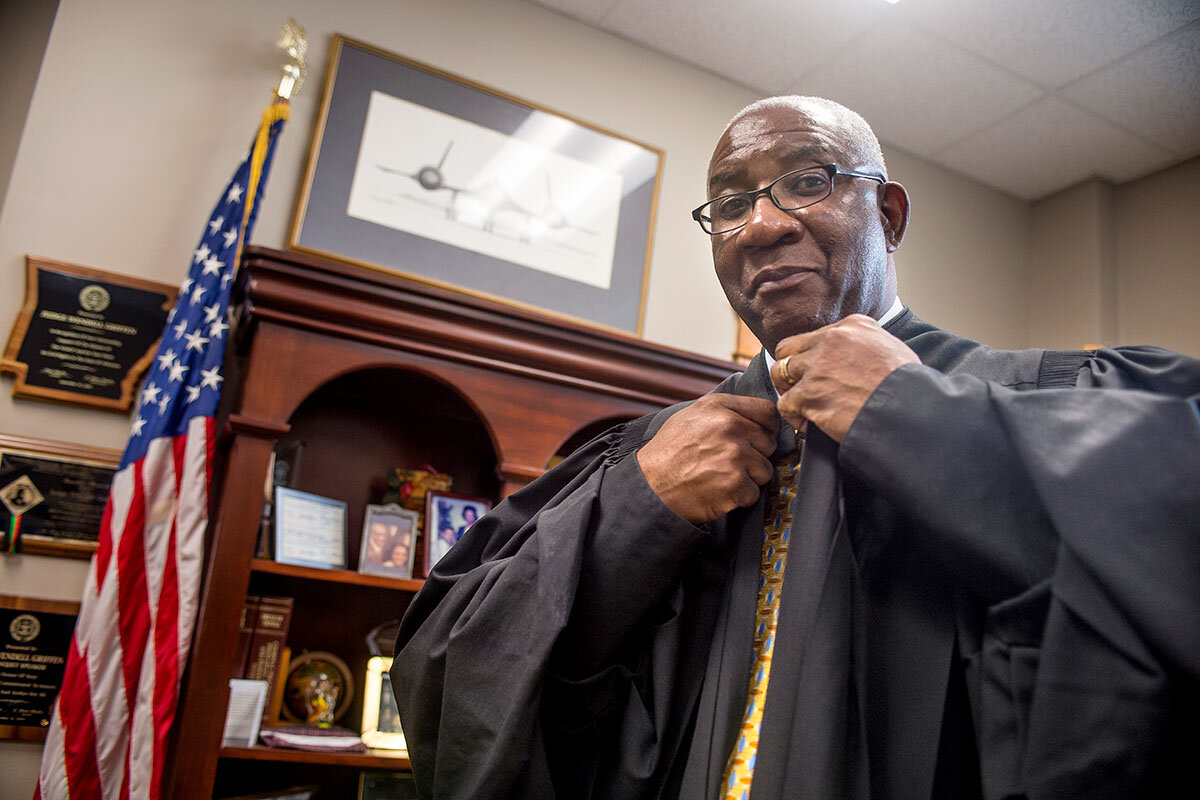A great cloud of uncertainty has been lifted over the massive North American economy.
On Sept. 30, the United States and Canada finally reached a trade agreement that, when joined with a recent US-Mexico pact, will replace the region’s outdated accord from a quarter century ago. The new agreement will do more than simply help the three economies generate more growth (they already trade more than $2 million a minute). It will also allow them to better compete with other global production centers, such as China.
Yet beyond reshaping the region’s contours of competition, the accord should also allow healing to begin from the serious political damage done over the past two years by US insults and criticisms of its two closest economic partners. Positive views of the US in Mexico and Canada have plummeted, jeopardizing relations on a host of security and other noneconomic issues.
Much work still needs to be done to finalize the new agreement, which is called USMCA (think of the song “YMCA”) for each country’s name and which replaces the North American Free Trade Agreement (NAFTA). The three still need to resolve the US decision to impose “national security” tariffs on steel and aluminum from Canada and Mexico, which led those countries to impose retaliatory tariffs on billions of dollars’ worth of US farm and manufactured products.
Yet all three can claim wins. Each showed flexibility by dropping or modifying divisive proposals. Now legislators in each country must ascertain what the pacts might actually yield. Stakeholders from the business, farm, labor, and consumer sectors will offer their perspectives. In the US, the International Trade Commission will also provide its assessment.
At first glance, it looks as if the “modernization” aspects of the agreement are as good as or slightly better than what was in the Trans-Pacific Partnership (TPP), a proposed deal that collapsed after a US withdrawal under President Trump. Many of the changes in USMCA reflect changes in trading and investments since the early 1990s, especially with the rise of internet commerce.
Many parts of the pending treaty deserve careful scrutiny.
For example, unions will be looking at what the government of Mexico has committed to do to improve workers’ rights and how the US can enforce compliance with those commitments. US energy companies and other investors will want to examine how changes will affect their rights in Mexico, where reforms have attracted many billions of dollars in foreign investment. It is also important that the agreement not hinder energy integration across North America, which has brought the continent closer to real energy security than ever in the past 50 years.
From a Mexican perspective, the agreement will allow outgoing President Enrique Peña Nieto to sign the agreement before he leaves office on Dec. 1 and will allow incoming President Andrés Manuel López Obrador to start his six-year term with a fixed framework for economic relations with a northern neighbor that buys 80 percent of its exports.
For Canada, the agreement similarly provides a stable environment for commerce with the country that buys 75 percent of its exports and hosts massive amounts of Canadian investment. Prime Minister Justin Trudeau will have time to build support for the agreement before he faces national elections in 2019.
After many months of bitter and often unfounded criticisms from the US, the key actors in this accord need to support this attempt to upgrade and broaden trade relations. North America can and should have a bright future built on a foundation of cooperation.
 Amelia Newcomb
Amelia Newcomb










